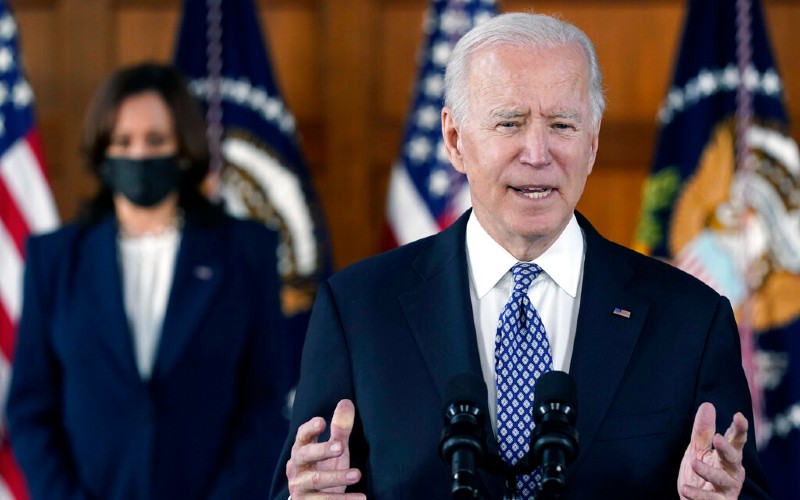For decades, California has had one of the country's largest populations of unhoused people, about 70% of whom live outside a shelter system, sleeping in tents, public open spaces, or vehicles.
But on Wednesday, a luxury high rise tower (pictured above) with some 278 furnished apartments, a gym, music room, and several other common spaces – all offered for free to the homeless – opened in Los Angeles.
This is the first of three buildings in Weingart Center that will eventually offer 684 luxury units to more than 1,000 homeless people. It cost taxpayers $165 million to build, which works out to roughly $600,000 per residential unit.
Part of the project was funded through Proposition HHH, a $1.2 billion bond measure that Los Angeles voters approved in 2016 to fund affordable housing for people experiencing homelessness or at risk of becoming homeless.
Meanwhile, thanks to increasing inflation and a slowdown in the state's technology industry, this is the second year in a row the state, the nation's most populous, is facing a multibillion-dollar shortfall.

"This is a clear abuse of discretion, a waste of money, and really, an incentive for individuals not to work, but instead to be leeches of the state," comments the Pacific Justice Institute's (PJI) Brad Dacus, one of the taxpayers footing the bill.
While the idea of putting a roof over the heads of so many people may sound nice, Dacus says these buildings will do nothing to solve the crisis that is plaguing Los Angeles.
"There are thousands and thousands of homeless people in Los Angeles, so, this project is going to cost a lot of money, that taxpayers are paying for, and yet it's not solving the problem," he contends. "It's just a tiny dent."
According to the Stanford Institute for Economic Policy Research, more than 75% of the homeless in California suffer from drug or alcohol addiction or severe mental illness and are homeless in large part because they cannot take care of themselves.
Dacus reasons they will not be able to take care of their new apartments, either.
"Those occupying it because of their drug addictions or being mentally ill, they're probably gonna trash these three towers that are being built just for them," he predicts.
Between 2018 and 2020, California spent $13 billion on homelessness, across nine state agencies through 41 programs. Governor Gavin Newsom (D) signed a $12 billion funding package of bills in 2021 to tackle the crisis, but the situation has not improved.







